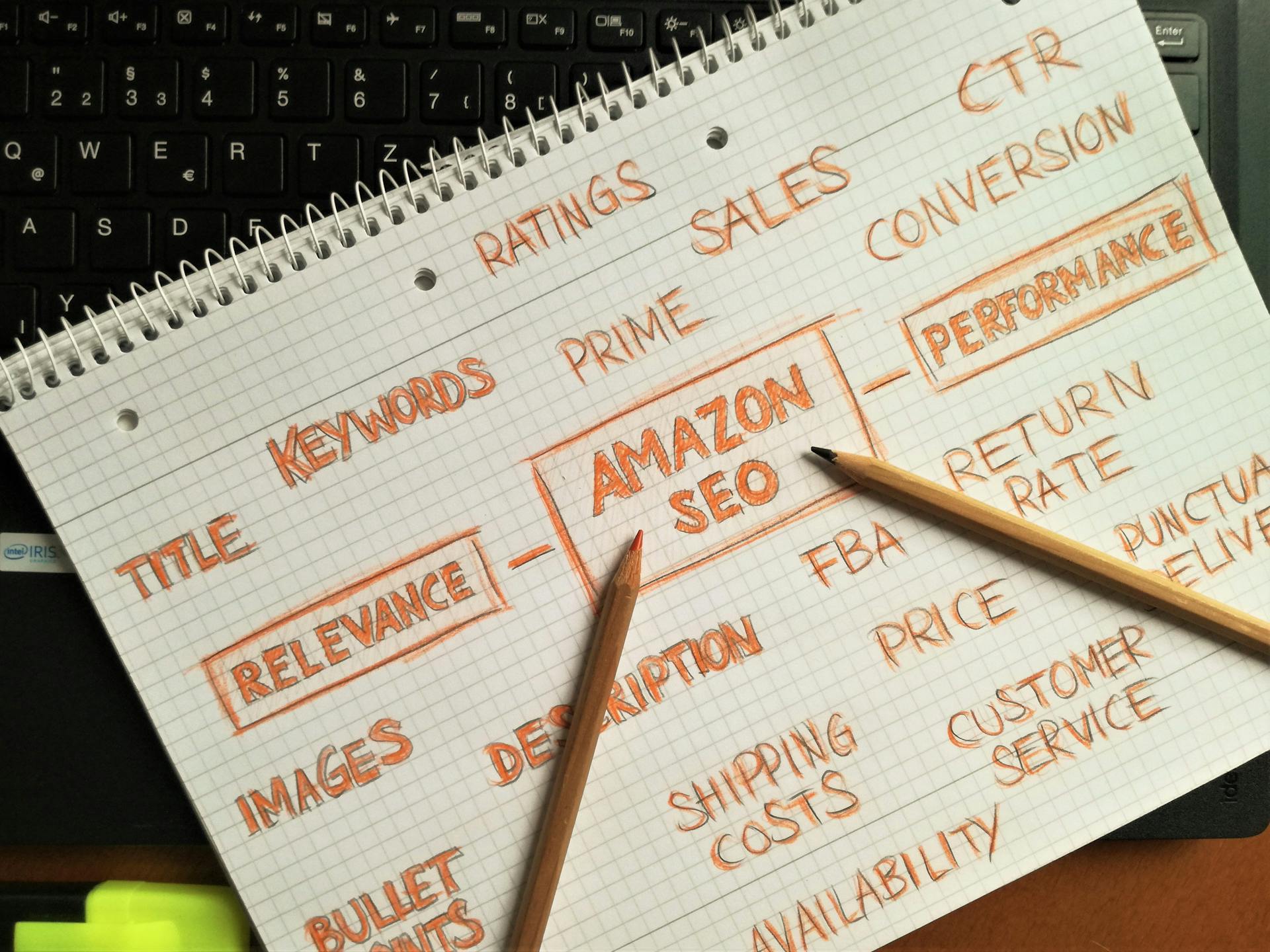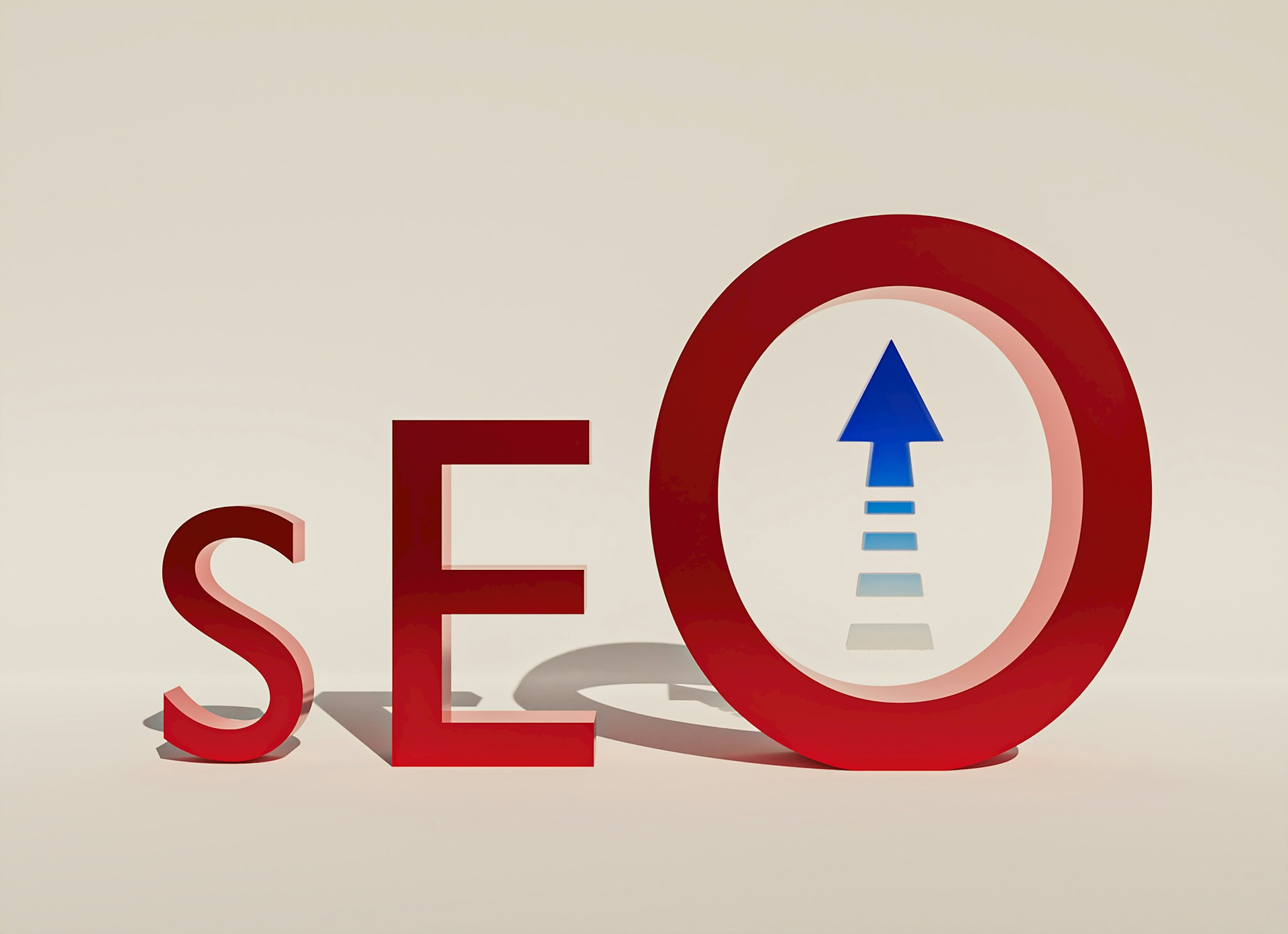
It’s been a while since we found a comprehensive SEO guide for beginners. This is one of the most requested blog posts by our readers. Even some of our clients asked us to write a comprehensive SEO guide. What makes this difficult is the ever-changing nature of SEO.
What was a good SEO practice two years ago is now no longer useful. Or at least in the end. But we understand that new businesses in digital marketing need a quick reference guide to SEO. Often in our search calls, people get confused about technical terms. Although we always do our best to break the topic down into simple concepts, some jargon is unavoidable.
That’s why we decided to create this SEO guide for beginners. This is a simple blog that explains the basics and main concepts of SEO. At the end, you will have enough SEO information to participate in a discussion with an expert.
What is SEO?
First, SEO stands for Search Engine Optimization. Call it a step-by-step guide or a guide if you like. But it is designed to increase the chances of improving your website’s ranking in search engines for specific search queries. These questions are called keywords and searchers to find information or products in the search engine. For example, let’s say you sell pizzas in London. A researcher within a 3-mile radius is hosting a pizza party for 50 people. She goes to Google and searches for “best pizza near me.”
There are two possibilities:
- Your website is SEO best and it appears on page 1 of SERPs. He clicks on your website / calls your business and orders. Congratulations! You just won a great series.
- Your website is not SEO optimized. You are nowhere near page 1 of the SERPs. He found a competitor and ordered it. You’ve lost a great deal and possibly a loyal customer.
This is what SEO can do for your business. Did you notice how we said “opportunity to update status?” This is because even today, there are no guarantees when it comes to SEO.
All you have to do is follow Google’s guidelines and best practices that have produced good results for others. Usually, this is enough to improve your quality. At the level comes traffic. On the road comes business. This is the simplest explanation we can come up with.
SEO Guide for Beginners – Why SEO is Important
Here are some reasons why SEO is needed today.
- SEO gives you free traffic – Getting your business website up for competitive keywords is often a difficult task. It takes years of skill and expertise to design an SEO strategy that works in 2021. That said, once your website is in Google, you will get free traffic. The only other way to get traffic is through paid advertising. There are various platforms such as Linkedin and Google ads. But you will be charged for every click on your ad. It doesn’t matter if it changes or not. With SEO, you don’t pay a single cent. The longer you post, the more traffic comes.
- SEO in 2021 is as hard as nails – No SEO beginner will tell you that. SEO is always difficult. But it’s getting stronger over the years. Google strives to optimize its search engine. Therefore, it has developed an algorithm that rewards or punishes websites. If you follow all of Google’s guidelines, there’s a good chance you’ll be rewarded with high rankings. But the margin for error is small. Sometimes, even with the best behavior, you can suffer from getting out of your level.
Two different aspects of SEO
There are two different aspects of SEO that work synergistically. If you want to understand this SEO guide for beginners, you need to understand both:
- On-site SEO – Google has defined best practices for on-page optimization. There’s a lot to this. The main ones are content, design (user experience) and internal links. Content must be original, complete and provide value to the reader. It should be organized for easy reading. Finally, internal links provide navigation to other parts of your website.
- Offsite SEO – Offsite SEO is a series of recommended activities performed by SEO professionals to improve rankings and traffic. Again, there are many things outside of SEO. The most important thing is backlinks (see more below).


